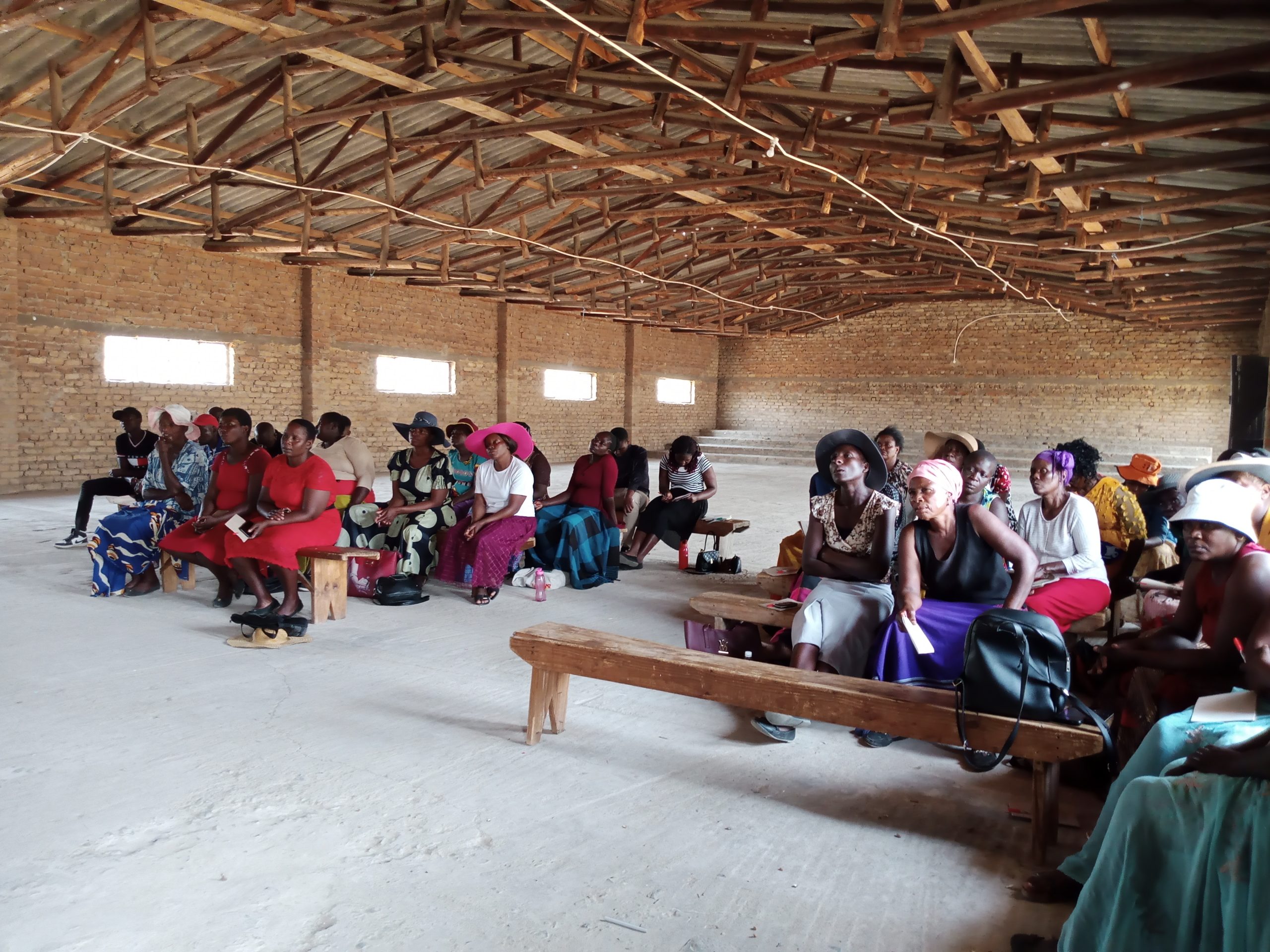
By Nyasha Dube
Back in the day, when wives lost their husbands it would mean the end of the world as they would lose everything.
Most women had limited knowledge about their land and property rights and families would take advantage of the grieving widow, and chase her away with no inheritance from her deceased husband.
Many widows suffered in the hands of their inlaws, some being forced to remarry into the family so as to protect the deceased’s estate.
This practice, culturally known as “kugara nhaka”, saw many young widows remarrying and reproducing against their will.
Many young widows from the 80s and 90s bear the scars of emotional, verbal and even physical abuse they endured on top of losing their partner.
For women in Tongogara and Mufiri villages in Shurugwi district, the Konrad Adenauer Foundation women’s land rights project came not only as an awareness campaign but also a platform for healing as they managed to open up, share their different stories and get help.
The project brought together all groups of women in their diversity. It instilled confidence in the young, the elderly, widows, single mothers, women with disabilities and women in leadership who benefited from the program.
Speaking at village awareness meetings held recently in Tongogara and Mufiri, women expressed their gratitude to KAS and it’s implementing partners.
Being able to tap into the knowledge and wisdom brought by this project, not only reduced conflicts in families but also promoted peaceful families filled with love, understanding, tolerance and eagerness to learn from each other.
For Rejoice Khumalo, a single mother from Mufiri village the project was a life saver as she now has her own home.
“I was once married in Mberengwa but had to leave everything because I had no knowledge of how I can fight for my rights. I was called all sorts of names when I came back home with nothing. It was a difficult journey until I learnt about this project and applied for a piece of land,”
Rejoice Khumalo
For Khumalo, it was not easy being a single mother, but after acquiring her own piece of land, she build a house and can now take care of her children and do what she wants.
Mrs Chiriya, a young woman and wife to village head Chiriya also shared her experience.
“When I got married I was so young, and all I was taught was that I should be submissive to my husband. He would dictate everything I do. For years I could not do anything productive as I had no assert in my name. My husband got training under this project and everything changed. Now he gave me a piece of land and he values my input. Even when he is presiding over matters as a village head, he now consults me as he saw how capable I am,”
Mrs Chiriya
For women with disabilities, the intervention was a confidence booster.
Idzai Mutandabare says she used to have low self esteem because of her disability but now she has a sense of belonging.
“I would isolate myself because I thought I was not capable of doing anything. I would not attend meetings but now I am confident. I am fending for my family and taking my kids to school,”
Idzai Mutandabare
Female traditional leaders also hailed the project, saying it came at the right time.
Village head Nelia Muposhiwa shared her sentiments:
“It uses to be a taboo for women to have a voice in the family. A girl child was deprived of her right to education, and would not inherit anything but all that has changed,” she said.
Chief Mavedzenge expressed her joy and urges communities to work together and promote peace in families.
“Families should support each other,and support widows who would have lost their partners. That was there will be peace in families,” she added.
KAS was operating in three districts – Mutasa, Shurugwi and Lupane in partnership with SHDF, MELUCT, CCJP and Lupane Youth for Development Trust.
The organization is taking a step further in it’s upcoming project, to equip women with knowledge on climate smart agriculture as they now have access and ownership of land.